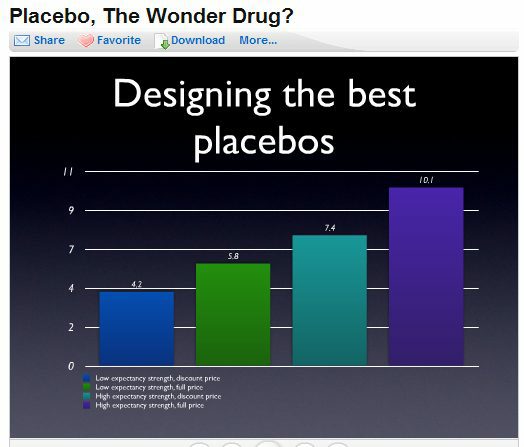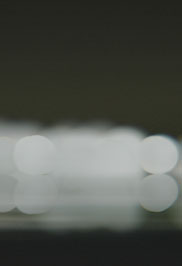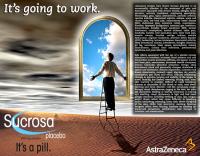
Here is an approach you may like to consider, to help you benefit from the mysterious healing powers of the placebo, even when you know it is a placebo you are taking; an approach that has been useful for a growing number of people in recent times, recommended by a homeopath of some 30 years experience.
Consider this . . . undoubtedly, there is a greater chance of success if the placebo taker believes it can work, and even more if the placebo taker trusts and has faith in the prescriber (which paradoxically can be themselves).
The simple mathematics around the mysterious healing powers of the placebo reveals an improvement in at least 30% (and up to 70%) of cases. You can be one of the 30-70%.
Our aim at universal Placebos is to help you shift from curiosity to action – to dare to try something new.
What would convince you to use a placebo? If you are curious you could try this simple procedure to evoke the positive qualities of Acceptance, Gratitude, Faith, Trust and Action.
Twice a day, say morning and night, take 3 placebo pilules.
With the first pilule focus on acceptance of who you are and where you are, all your advantages and disadvantages, strengths and weaknesses. Accept your true situation, so you are free to respond, and not just react.
As you take the second pilule focus on gratitude. Be thankful for all the positives you have in your life . . . “it could always be worse.” Be mindful of where you want to be. Have faith you will find inner guidance. . . just trust it, that these inner revelations are right and correct.
As you take the third pilule, just say YES . . . it feels better. Smile and go . . .take action with the first step, whatever that is . . . and believe it is possible.
Or, why not create your own ritual? Here are some tips:
(a) Apply KISS tactics (keep it simple sweetheart)
(b) Choose easy times to take placebos, like when you have a cuppa
(c) Take it at least twice a day, morning and night
(d) Be mindful and present in the moment
(e) Keep it short and easy to complete
The truth is that the successful outcome of any healing situation is determined by the actions and choices and healing system of the individual, regardless of the healing modality. Nobody can make anyone else better, but everyone needs some help sometimes.




